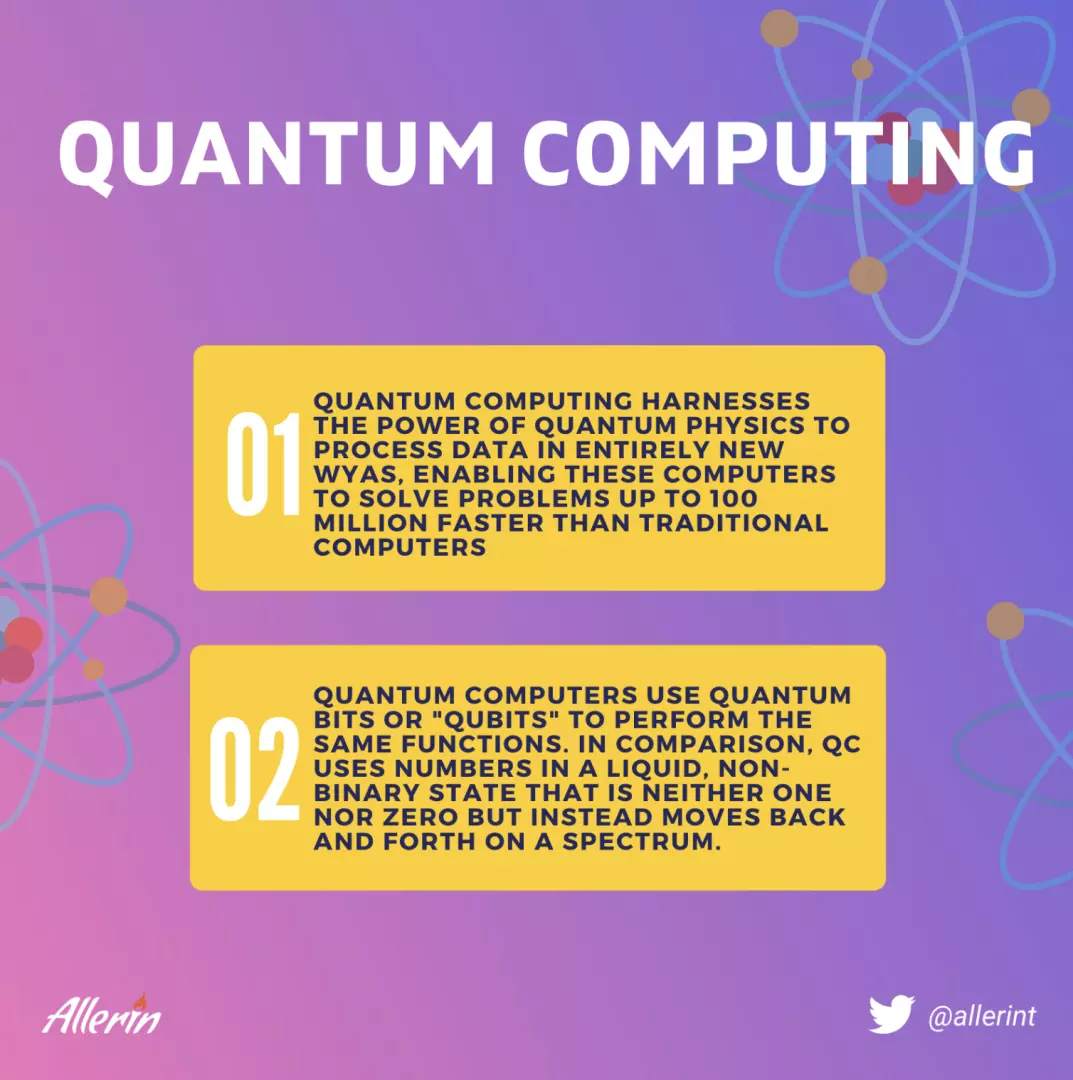Comments
- No comments found

Not all technologies live up to the hype or fulfill their initial promises.
In the ever-evolving landscape of technological advancements, certain innovations have captivated public attention and failed to spark widespread excitement.
In this article, we explore five such technologies that have failed to take off as expected.
While these technologies have generated significant excitement and media coverage, they have faced challenges in terms of widespread adoption or delivering on their initial promises. Let's explore each of them in more detail:

Although blockchain has been hailed as a revolutionary technology with potential applications beyond cryptocurrencies, its widespread adoption has been slower than anticipated. While it offers benefits like decentralization, transparency, and immutability, scalability issues, energy consumption concerns, and regulatory uncertainties have hindered its progress. Additionally, many proposed blockchain use cases have not yet demonstrated significant real-world impact.

While AI has made tremendous strides in recent years, achieving human-like or human-level intelligence remains elusive. Deepfake AI/ML, generative AI, and large language models like ChatGPT and Bard have shown impressive capabilities, but they also raise ethical concerns related to misinformation, privacy, and potential misuse. Militarized AI and lethal autonomous weapons (LAWs) have faced strong opposition due to ethical and safety considerations.

The concept of humanoid robots has captivated public imagination, but the development of truly human-like robots has proven challenging. While significant progress has been made in robot locomotion and task-specific automation, creating robots that perfectly mimic human appearance, movement, and interaction remains a formidable task. The complexity of human cognition and the Uncanny Valley effect pose significant hurdles.

Quantum computing holds immense promise for solving complex problems much faster than classical computers. However, practical quantum computers that can outperform classical computers for general-purpose tasks are still in their early stages of development. Overcoming technical hurdles such as achieving stable quantum states, minimizing errors, and scaling up qubit count remains a challenge. Additionally, quantum algorithms and applications are still being explored and refined.

Fusion energy has long been hailed as a clean and virtually limitless energy source. However, achieving controlled thermonuclear fusion in a sustained and economically viable manner has proven to be incredibly challenging. While significant progress has been made, fusion reactors are yet to reach the point of generating more energy than they consume (net energy gain). Overcoming plasma instability, high temperatures, and finding efficient confinement methods are some of the obstacles that need to be addressed.
As the world eagerly anticipates groundbreaking technological advancements, it's essential to critically assess the progress and challenges faced by emerging technologies. The five overhyped technologies discussed in this article—blockchain, human-like AI, humanoid robots, quantum computing, and controlled thermonuclear fusion—have encountered obstacles that have hindered their widespread adoption or realization of their initial promises. While they may continue to be subjects of ongoing research and development, it is crucial to approach them with caution, separating fact from fiction. By learning from the shortcomings of these technologies, we can navigate the technological landscape more discerningly, recognizing the potential, limitations, and ethical considerations associated with emerging innovations.
Leave your comments
Post comment as a guest